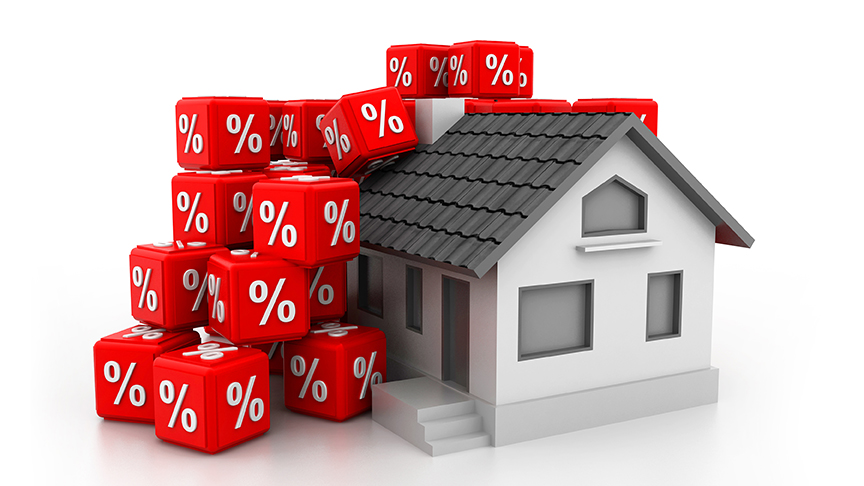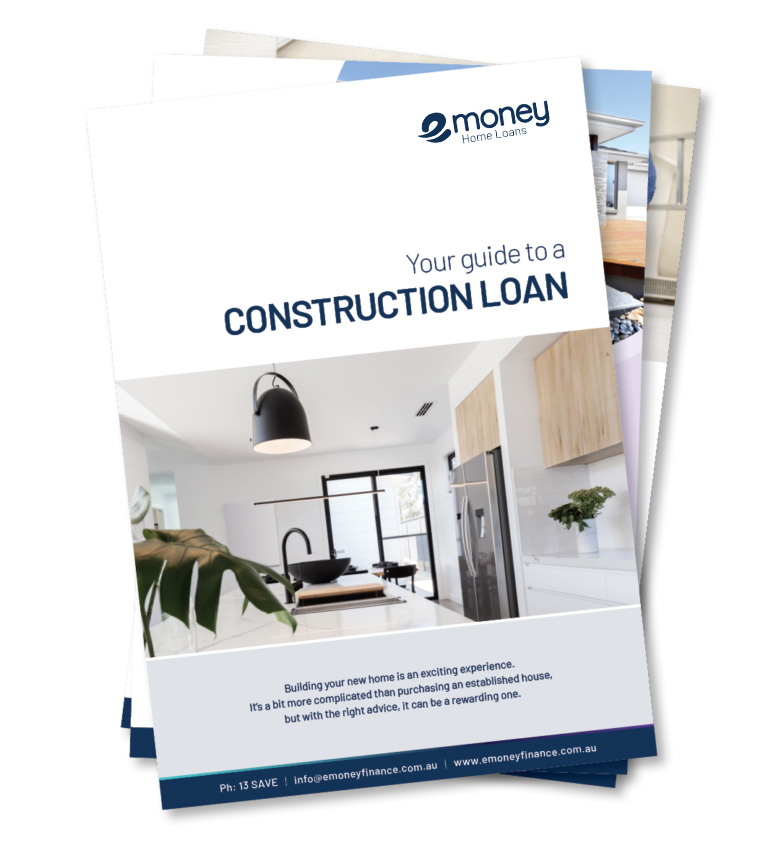
When to get an interest only home loan
No matter what type of home loan you have, your mortgage repayments will always include interest due on the amount borrowed. Unlike a principal and interest (P & I) loan—where part of your repayment also goes towards reducing your balance—with an interest only (IO) loan, you only pay the interest. This is why IO home loans have limited terms (usually up to five years) after which your loan will be automatically converted to a P & I loan.
IO home loans predominantly benefit property investors and are not recommended for owner occupiers because they do not allow you to build equity in your property. Under Australian tax law, interest repayments on property investments are tax deductible. An IO home loan can help an investor maximise their investment strategy, tax advantages and cash-flow.
How do interest only loans work?
If you start your home loan with an IO period you can expect your initial repayments to be lower. That said, IO interest rates tend to be higher than P & I interest rates. In the long term, an initial IO period will have made your home loan more expensive because you will have paid more interest over the term of your loan than if you had started out with a P & I home loan.
At the end of the IO period, your repayments will increase to cover both the principal and the interest. What is more, you will now have a reduced period to pay off the principal, which may increase your repayments further.
For example:
With a normal P & I Loan for $500,000 at 4.78% p.a. based on an LVR of 80% over 25 years, the total cost of interest on the loan would be $357,766 over the 25-year period.
For the same loan with an IO period of 10 years, the total cost of interest on the loan would be $440,443 over the 25-year period and therefore would cost you an additional $82,676 in interest compared to a loan that had P & I repayments over the full 25-year term.
Benefits of an interest only loan
Smaller repayments
During the IO period of the home loan, your monthly repayments will be lower compared to a P & I loan.
Improved cash-flow
Lower repayments mean you could use your cash for other purposes that may be financially beneficial like paying off debts, making other investments or funding a loan to purchase another property.
Maximise tax benefits for property investors
The interest on an investment property debt is usually tax deductible for property investors, as long as you follow the ATO rules. It should be noted, however, that owner-occupiers will not receive any tax deduction for interest if you take out an IO loan.
Benefits are ongoing for the life of the IO term
You can often choose an IO term of one, three, five or 10 years. This can be very beneficial for tax minimisation strategies and financial planning purposes. Please speak to your accountant or financial adviser to find out how to make it work for you.
Things to consider
- IO loan repayments do not help you to pay off the principal and build equity in your property. If property prices do not rise during the IO period of the loan, you will not have improved your financial situation. You may also be at financial risk if property prices should fall during the IO period.
- The loan reverts to P & I as soon as the IO period ends. If you take out an IO loan, you should plan for the end of your IO period. At that time, some lenders may allow you to renegotiate another IO term. Otherwise, you can plan for increased repayments, consider refinancing the loan, or selling the property.
- Not all lenders allow extra repayments during the IO period and the availability of additional features, such as an offset account, will vary between lenders and loan products.
- A loan with an IO period will cost more in interest over the life of the loan, than a loan that has P & I repayments from the outset. The cost differentials can be quite significant and should be clearly understood.
- You could miss the opportunity to pay down the principal while interest rates are low. Paying as much as you can off the principal while rates are low could mean that when interest rates rise, you will be paying those higher rates on a reduced loan balance. This could mean lower loan repayments and/or paying less interest in the long-term.
We recommend you seek independent financial advice prior to making any decisions that could affect your financial security.

First Home Buyer's Guide
Enter your email address for instant access to our handy First Home Buyer's ebook.

Construction Loan Guide
Building a new home. Find out about the construction loan process.

